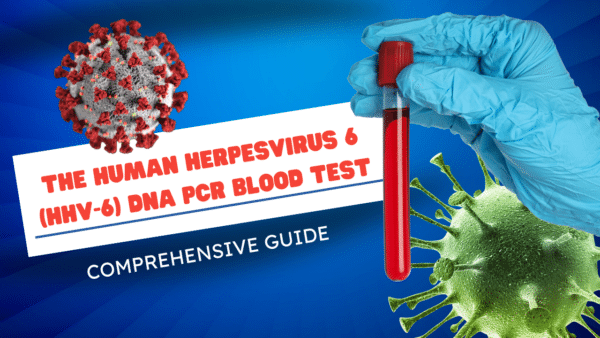The holiday season is a time for celebration and joy, but it can also be a time when medical emergencies occur. From food poisoning to falls, here are some of the most common medical emergencies that happen during the Christmas season.
- Food poisoning: With all of the cooking and feasting that happens during the holidays, it’s no surprise that food poisoning is a common medical emergency. Symptoms of food poisoning include nausea, vomiting, diarrhea, and abdominal pain. To prevent food poisoning, make sure to cook foods to the proper temperature, store foods properly, and wash your hands before handling food.
- Falls: The winter months can be slippery, and with all of the hustle and bustle of the holiday season, it’s easy to lose your footing. Falls are a common medical emergency, especially among older adults. To prevent falls, make sure to wear shoes with good traction and be mindful of your surroundings when walking.
- Heart attacks: The holiday season is a time of stress and overindulgence, which can increase the risk of heart attacks. Symptoms of a heart attack include chest pain, shortness of breath, and nausea. If you or someone you know experiences these symptoms, seek medical attention immediately.
- Alcohol-related injuries: Alcohol consumption tends to increase during the holiday season, which can lead to an increase in alcohol-related injuries. These injuries can range from car accidents to falls and fights. To prevent alcohol-related injuries, make sure to drink responsibly and never drink and drive.
- Stress-related illnesses: The holiday season can be a time of high stress, which can lead to a range of stress-related illnesses such as anxiety and depression. To prevent stress-related illnesses, make sure to take care of yourself by getting enough sleep, exercising, and taking time to relax.
- Cold and flu: The winter months bring with them an increase in cold and flu cases. Symptoms of the cold and flu include cough, fever, and body aches. To prevent the cold and flu, make sure to wash your hands frequently and get a flu shot.
- Carbon monoxide poisoning: With the increased use of heaters and fireplaces during the winter months, the risk of carbon monoxide poisoning increases. Carbon monoxide is a colorless, odorless gas that can be deadly if inhaled. To prevent carbon monoxide poisoning, make sure to properly ventilate your home and install carbon monoxide detectors.
In conclusion, the holiday season can be a time of increased risk for medical emergencies. By taking precautions and being aware of the potential risks, you can enjoy a safe and happy holiday season.
References:
- Centers for Disease Control and Prevention. (2020). Food Safety During the Holidays. Retrieved from https://www.cdc.gov/foodsafety/holiday-food-safety.html
- Mayo Clinic. (2020). Heart Attack Symptoms. Retrieved from https://www.mayoclinic.org/symptoms/heart-attack/basics/definition/sym-20054685
- Centers for Disease Control and Prevention. (2020). Alcohol and Public Health. Retrieved from https://www.cdc.gov/alcohol/fact-sheets/alcohol-use.html
- Mayo Clinic. (2020). Stress Symptoms: Effects on Your Body and Behaviour. Retrieved from https://www.mayoclinic.org/healthy-lifestyle/stress-management/in-depth/stress-symptoms/art-20050987
- Centers for Disease Control and Prevention. (2020). Cold and Flu (Influenza). Retrieved from https://www.cdc.gov/flu

